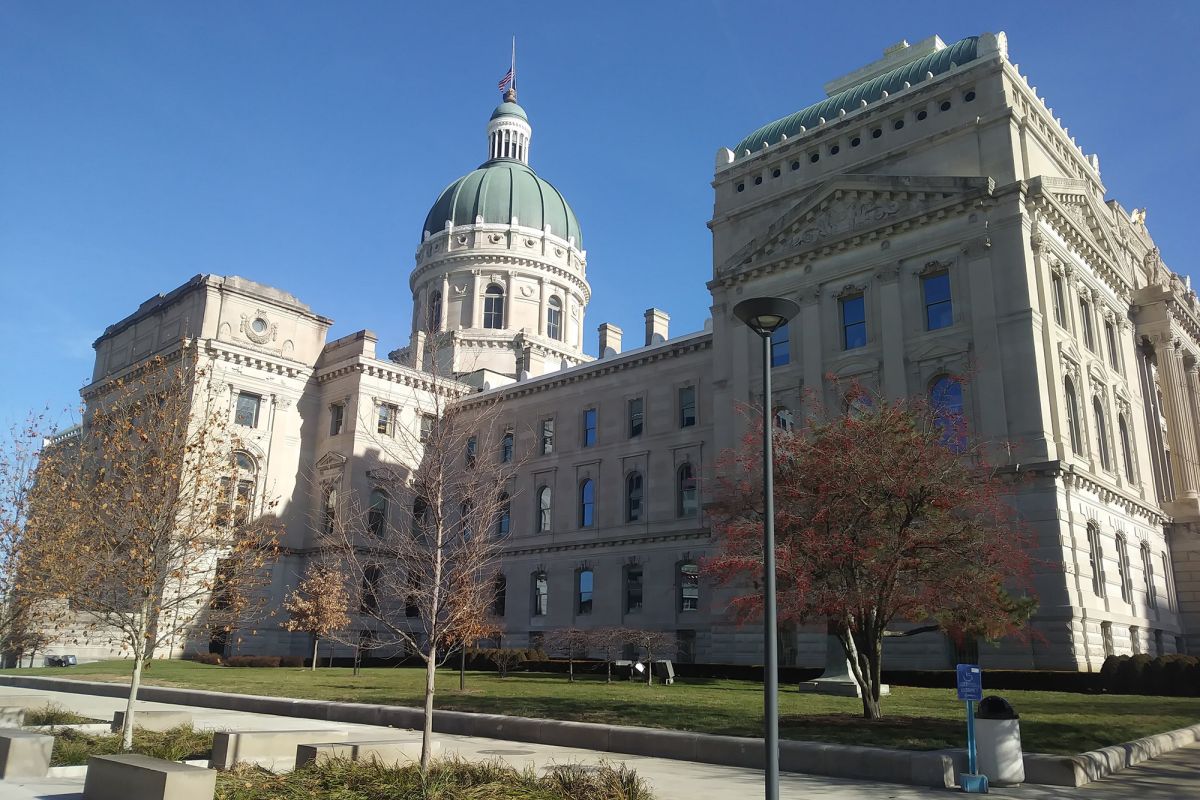Simplified News Article: Indiana Senate Approves Plan to Allow Schools to Hire Chaplains
The Indiana Senate has approved a controversial bill that would let public schools hire chaplains. This decision has sparked debates about the role of chaplains in schools and whether they can effectively support students’ needs.
What Does the Bill Propose?
Senate Bill 523 (SB 523) gives school principals and superintendents the authority to hire chaplains or allow them to volunteer in schools. These chaplains would primarily offer secular guidance to students under the age of 18. However, with parental permission, they could also provide religious counseling.
Supporters of the bill argue that it addresses the state’s severe shortage of school counselors. They believe chaplains can step in to help students with emotional, mental, or other challenges when counselors aren’t available.
Concerns Raised by Opponents
Democratic lawmakers and some clergy members strongly oppose the bill. They believe the proposal lacks clarity on who qualifies as a chaplain. Many clergy members testified during Senate discussions, stating that most chaplains are not trained to address students’ academic, emotional, and mental health challenges.
Additionally, opponents worry about the potential for religious bias in schools. While the bill limits chaplains to giving secular advice unless parental approval is granted, critics fear it may blur the line between religion and public education.
Background on the Bill
This isn’t the first time such a measure has been introduced in Indiana. The Senate passed a similar bill last year, but it failed to move forward in the House. SB 523 now heads to the Indiana House for further consideration.
The debate reflects broader concerns about the shortage of mental health professionals in schools and how to best address students’ needs while maintaining separation between church and state.
Key Takeaways
- What the Bill Allows: Principals and superintendents can hire or accept volunteer chaplains. Secular advice is mandatory for students under 18, but religious guidance is allowed with parental consent.
- Supporters’ Argument: Chaplains can fill the gap left by the lack of school counselors in Indiana.
- Critics’ Concerns: The bill doesn’t clearly define chaplain qualifications, and many clergy members feel unprepared to meet students’ diverse needs.
- What’s Next: The bill will be reviewed by the Indiana House.
Disclaimer – Our team has carefully fact-checked this article to make sure it’s accurate and free from any misinformation. We’re dedicated to keeping our content honest and reliable for our readers.








